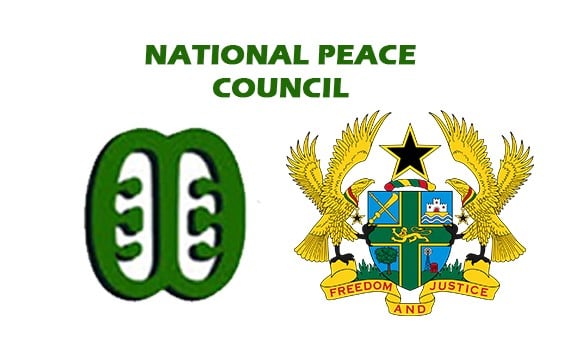The STAR-Ghana Foundation has issued a clarion call for enhanced inclusivity within Ghana’s public governance structures, particularly emphasizing the crucial role of women and youth in peacebuilding processes. The Foundation underscores the necessity of meeting the minimum 30% threshold for women’s representation in decision-making bodies, as mandated by the Affirmative Action on Gender Equity Act of 2024, and championed by international conventions. This call to action comes as the National Peace Council (NPC) embarks on the formation of Regional Peace Councils (RPCs) across the nation, presenting a timely opportunity to solidify the nation’s commitment to inclusive governance and robust peacebuilding mechanisms. The Foundation argues that excluding a substantial portion of the population, especially women and youth, significantly undermines the efficacy and sustainability of peace initiatives.
The Foundation’s advocacy for greater inclusion is rooted in the conviction that diverse perspectives are paramount for effective peacebuilding. Women, in particular, bring unique experiences and skills to conflict resolution, often playing pivotal roles in negotiation, mediation, and reconciliation within their communities. Their involvement not only strengthens peace processes but also ensures that these initiatives address the specific needs and concerns of women and other marginalized groups. Furthermore, the Foundation highlights the well-documented correlation between women’s participation in peace processes and the longevity of peace agreements. Citing research from reputable sources like the United Nations and the World Bank, the Foundation emphasizes the demonstrably higher success rate of peace negotiations that involve women, as well as the positive impact of women’s leadership on post-conflict recovery and stability.
The Foundation’s concern centers on the current composition of the newly reconstituted National Peace Council, where women hold only three out of the thirteen seats. While acknowledging that this represents the highest number of female members since the NPC’s inception, the 23% representation still falls short of the 30% benchmark set by national legislation and international guidelines. This underrepresentation, the Foundation contends, not only marginalizes women’s voices in crucial decision-making processes but also weakens the overall effectiveness of peacebuilding initiatives. The Foundation draws a parallel with the progress made in achieving gender balance in other key governance bodies, such as the presidency and the Council of State, urging similar efforts to ensure equitable representation within the NPC, given its critical role in maintaining national stability and security.
The Foundation’s critique extends beyond mere numerical representation, emphasizing the need for meaningful participation. Simply having women and youth present in these structures is insufficient; their perspectives and experiences must be genuinely valued and integrated into decision-making processes. This requires fostering an environment where diverse voices are heard and respected, and where women and youth are empowered to actively contribute to shaping peacebuilding strategies. The Foundation argues that genuine inclusion translates into more responsive and effective peace initiatives, ultimately contributing to a more peaceful and stable society.
The Foundation’s call for inclusion aligns with both national policy commitments and international frameworks, such as UN Security Council Resolution 1325, which specifically advocates for women’s meaningful participation in peace and security processes. By highlighting the importance of adhering to these commitments, the Foundation positions Ghana’s efforts within a broader global context, emphasizing the nation’s responsibility to contribute to international peacebuilding efforts and uphold human rights principles. Moreover, the Foundation connects the inclusion of women and youth in peacebuilding to national security, arguing that a more inclusive approach strengthens the nation’s resilience against conflict and promotes long-term stability.
In conclusion, the STAR-Ghana Foundation’s appeal for greater inclusivity in Ghana’s peacebuilding architecture is not merely a matter of fulfilling quotas or adhering to international standards; it is a strategic imperative for building sustainable peace. By ensuring that women and youth are meaningfully represented and their voices are heard, Ghana can leverage the diverse talents and perspectives of its population to create more effective and enduring peace initiatives. This approach not only strengthens national security but also aligns with Ghana’s commitment to promoting human rights and contributing to global peacebuilding efforts. The Foundation’s message is clear: inclusive governance is not just a desirable goal; it is a fundamental prerequisite for a peaceful and prosperous future.














